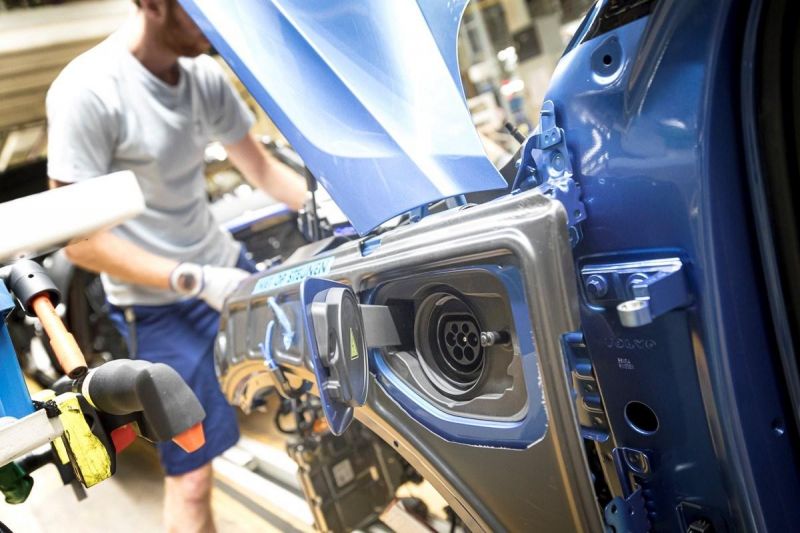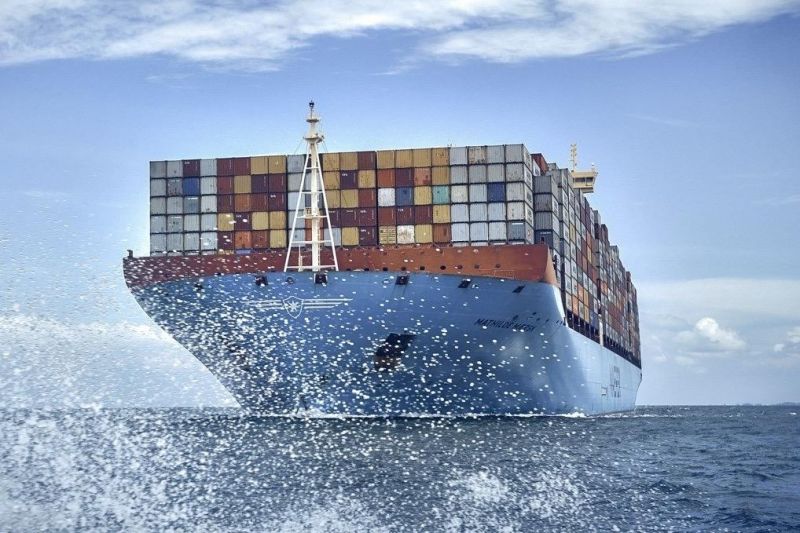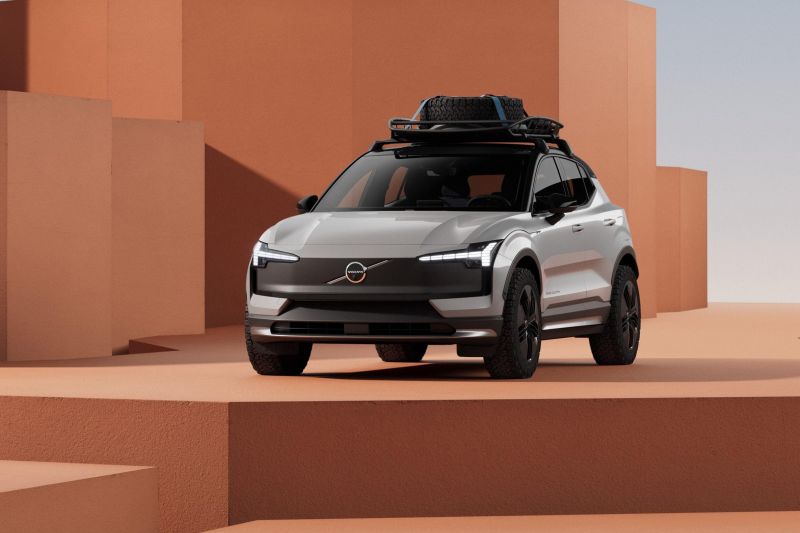
[ad_1]
Volvo Vehicles says it would slash its share of ocean freight CO2 emissions by way of the usage of biofuels derived from cooking oil.
The corporate is now paying logistics corporations Maersk, Kuehne+Nagel, and DB Schenke to make use of biofuels for the “equal vitality wanted” in transports of its manufacturing supplies and spare components.
The corporate claims it will scale back fossil gasoline CO2 from intercontinental ocean freight by 55,000 tonnes a yr – equal to a loaded truck driving across the equator 1200 occasions. The corporate ships “tens of 1000’s” of containers annually filled with components and supplies.
The gasoline used is a Fatty Acid Methyl Esters (FAME) biodiesel produced from vegetable oils, animal fat or waste cooking oils by a course of known as transesterification. It’s sometimes blended with marine diesel in container ships, with Volvo claiming 84 per cent decrease equal emissions.
Maersk mentioned for its half it substitutes fossil fuels on its ships with “second technology biodiesel based mostly on waste feedstocks” to cut back the greenhouse fuel emissions of shoppers’ ocean transport with out compensatory measures like offsetting.
The renewable gasoline itself is licensed and never produced in competitors with meals crops, based on the carmaker. When this gasoline is just not out there on a cargo, Volvo says its allocation will as a substitute be utilized in one other buyer’s route elsewhere. This audited methodology is known as mass-balancing.
“Renewable gasoline is just not the tip recreation for eradicating CO2 from the world’s ocean freight wants, but this initiative reveals that we are able to act now and implement options that obtain vital outcomes in the course of the look forward to long-term technological alternate options,” mentioned Volvo Vehicles COO Javier Varela.
“We don’t view this initiative as a aggressive benefit. Quite the opposite, we need to spark different automobile makers into motion as nicely, to extend demand for carbon environment friendly ocean transports and to ascertain renewable fuels as a mid-term answer that works. All of us have a accountability to behave.”
Volvo didn’t say what it’s transfer would value, although this report from the Worldwide Vitality Company claimed the typical manufacturing value of such biofuels is double to triple that of fossil gasoline equivalents, although famous it might decline by as a lot as 27 per cent over the following decade.
Volvo has beforehand introduced plans to solely make electrical automobiles from 2030, however plans a good earlier 2026 begin level for Australia. It plans to cut back its lifecycle carbon footprint per automobile by 40 per cent between 2018 and 2025, which requires a 25 per cent minimize in operational emissions, together with logistics.
Background
Biofuels are biomass-derived fuels from crop crops or waste, reminiscent of cooking oil or meals waste. Whereas the overwhelming majority globally is utilized in vehicles, it’s changing into extra frequent in hard-to-abate sectors like transport.
Drop-in biofuels are comparatively simple to make use of within the present provide chain as a alternative of standard fossil gasoline as they require no modifications to the vessels earlier than acquiring a big carbon emissions discount.
In accordance with Maersk, not less than 150 world voyages had been executed with container ships fuelled with mixtures of superior biofuels in 2022. It claims minimal financial savings of 65 per cent versus the fossil gasoline different on a lifecycle foundation.
“When producing biofuels, it’s actually necessary to prioritise their traceability and the enforcement of applicable methodologies to find out the carbon emissions,” the corporate added.
“The chain of custody have to be managed and verified at every stage of the availability course of. This enables finish customers to believe that the ensuing biofuel will meet the sustainability requirements which can be important for the continued development and adoption of renewable vitality sources.”
For its half Volvo says its claims of 84 per cent CO2 financial savings are factoring in emissions from manufacturing and use of the equal quantity of vitality, so known as Nicely-to-Wake (WTW).
MORE: Interview – Why did former Dyson boss be a part of Volvo as CEO?
MORE: Volvo says autonomous automobiles a ‘good distance off’, and folks realize it
MORE: Volvo says facelifts to make approach for ‘brainlifts’
[ad_2]



